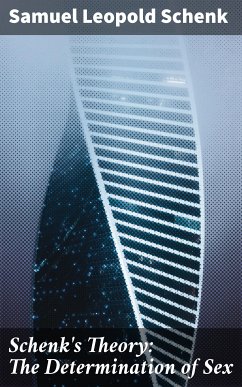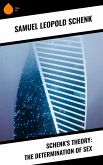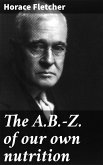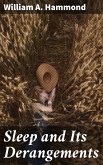Samuel Leopard Shenck in the book "Schenk's Theory" shares his theory about how the sex of offspring was determined. The author, according to his theory, believed that the food consumed by the mother somehow influences the sex of the child. This book aligns with other works associated with food and health, in which she focuses more on the mother, with the belief that the extent to which she processes food determines the sex of a child.
Dieser Download kann aus rechtlichen Gründen nur mit Rechnungsadresse in A, B, BG, CY, CZ, D, DK, EW, E, FIN, F, GR, H, IRL, I, LT, L, LR, M, NL, PL, P, R, S, SLO, SK ausgeliefert werden.









